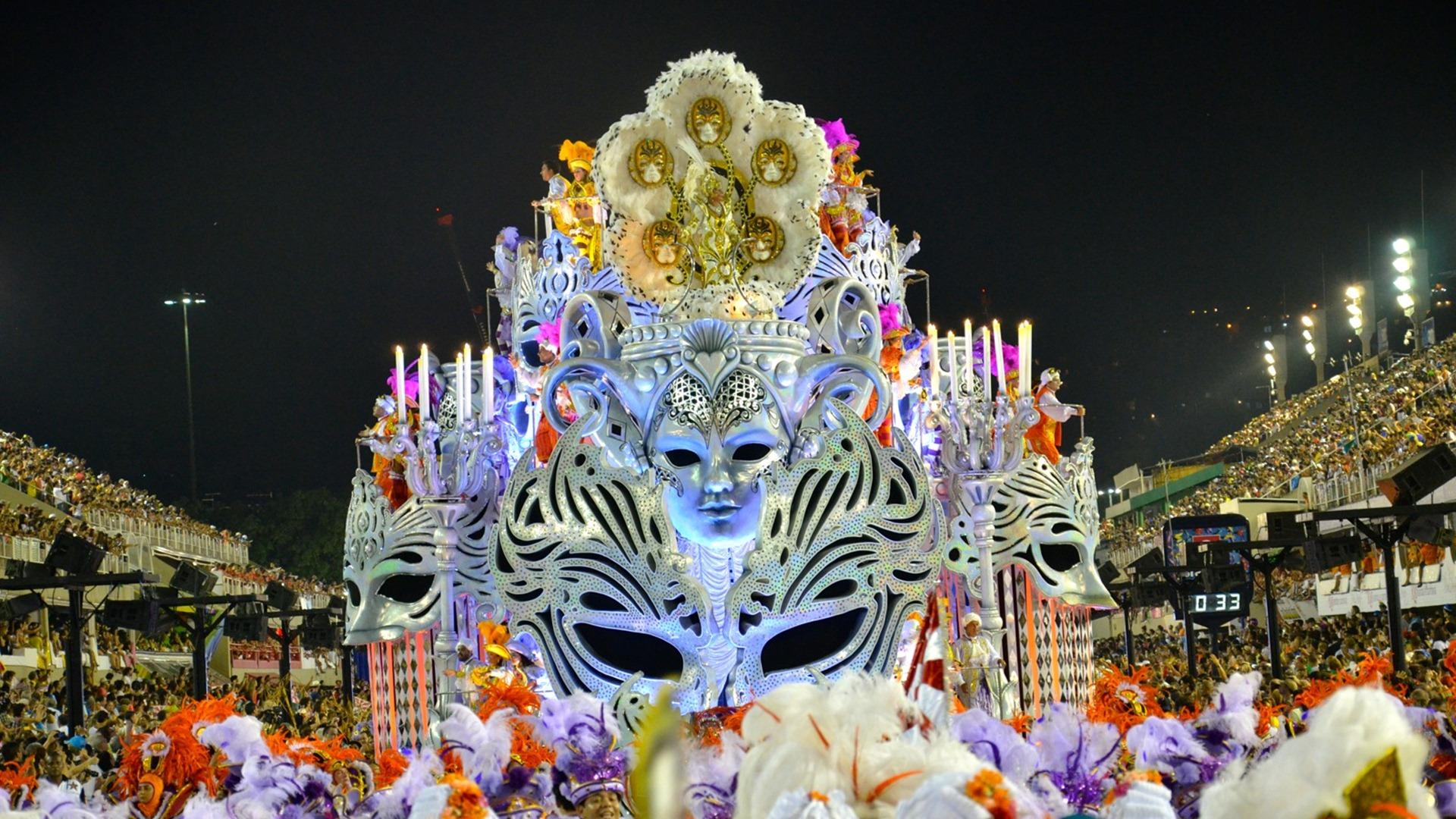- Seu carrinho está vazio
- Continue comprando

Enredos das Escolas de Samba 2026: Conheça os Temas Mais Esperados
O Carnaval do Rio de Janeiro de 2026 promete ser um espetáculo memorável, com as escolas de samba do Grupo Especial preparando enredos que celebram a cultura afro-brasileira, homenagens a personalidades marcantes e temas sociais relevantes. A seguir, apresentamos os enredos já divulgados e as expectativas para os desfiles.
Enredos das Escolas de Samba 2026: Conheça os Temas Mais Esperados
Beija-Flor de Nilópolis
A Beija-Flor escolheu como enredo o Bembé do Mercado, festividade religiosa afro-brasileira realizada desde 1889 em Santo Amaro, Bahia, para celebrar a Abolição da Escravatura. Considerado o maior candomblé de rua do mundo, o Bembé foi declarado patrimônio cultural imaterial da Bahia. A escola promete um desfile que exalta a resistência e a fé do povo negro brasileiro.
Paraíso do Tuiuti
O Paraíso do Tuiuti apresentará o enredo “Lonã Ifá Lukumi”, que abordará uma vertente religiosa afro-cubana em processo de redescoberta no Brasil. A escola pretende destacar as conexões culturais entre Brasil e Cuba, enfatizando a influência das religiões de matriz africana.
Estácio de Sá
A Estácio de Sá foi a primeira escola a divulgar seu enredo para 2026: “Tata Tancredo – O Papa Negro no Terreiro do Estácio”. O tema homenageia uma importante liderança religiosa afro-brasileira, destacando sua contribuição para a cultura e espiritualidade do país.
Possíveis Enredos em Discussão
Embora ainda não oficialmente confirmados, há especulações sobre os seguintes temas:
Grande Rio: Homenagem à atriz Suzana Vieira.
Imperatriz Leopoldinense: Celebração da carnavalesca Rosa Magalhães.
Viradouro: Tributo à atriz Fernanda Montenegro.
Vila Isabel: Enredo sobre Zé do Caroço.
Mocidade Independente de Padre Miguel: Comemoração dos 100 anos de Castor de Andrade.
Paraíso do Tuiuti: Homenagem à artista Rogéria.
Esses temas refletem a diversidade e riqueza cultural que as escolas pretendem levar à Marquês de Sapucaí.
Expectativas para os Desfiles
Com enredos que abordam a ancestralidade africana, figuras emblemáticas da cultura brasileira e temas sociais de grande relevância, o Carnaval 2026 promete desfiles emocionantes e impactantes. As escolas estão empenhadas em trazer para a avenida narrativas que ressoem com o público e celebrem a diversidade cultural do Brasil.
À medida que mais enredos forem sendo divulgados, atualizaremos esta lista para manter você informado sobre as novidades do maior espetáculo da Terra. Fique atento às redes sociais das escolas e aos canais oficiais para acompanhar as últimas notícias e preparativos para o Carnaval 2026.

